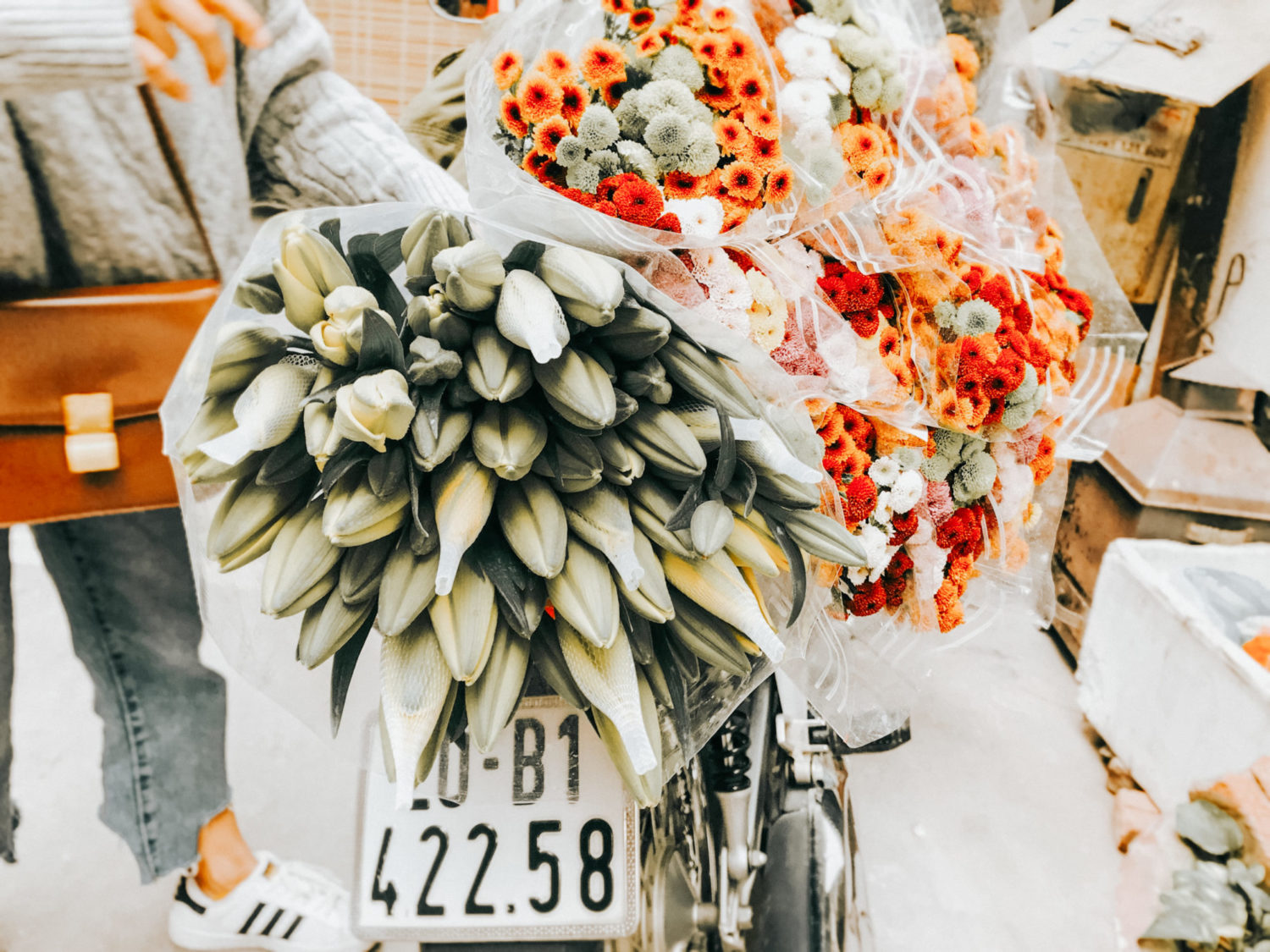The Colombian cut flower industry uses unethical labor and is wrought with human rights abuses.
With summer weddings come flower arrangements in every shape and size. Yet the eye-catching flowers hide the dark and wilted side of the prominent cut-flower industry that dominates the American market.
Colombia accounts for almost 80 percent of flowers bought in the U.S. However, underpaid and overworked Colombian workers face long hours of toxic chemicals and human rights abuses in the floral industry.
Colombia’s Flower Empire
Colombia’s flower industry earns a billion dollars in profits per year and employs 100,000 workers. Colombians export 60 billion stems each year to countries as close as the United States and as distant as Japan.
In 1991, the United States Congress approved the Andean Trade Preference Act (ATPA) between nations, improving farm technology. Combined with faster air transport and the availability of low-wage laborers, Colombian floral producers dominated the U.S market in ways that were unimaginable fifty years ago. In 1971, the U.S imported 100,000 million flower blooms. Three decades later, it imported 200 billion flowers, which has led U.S flower producers to withdraw largely from the floral market. Despite the stunning economic strength of the Colombian floral industry, it is not an entirely rosy picture.
The True Cost of Your Bouquet
Despite Colombia’s flower monopoly, the quality of the Colombian flower industry’s work environment is questionable. Sixty percent of the nearly 100,000 Colombian flower workers are women, many being single mothers. Human rights organizations and industry observers have collected complaints of sexual harassment by male supervisors, long working hours without breaks and over-exposure to pesticides and other chemicals. Children as young as nine years old work all day alongside their mothers.
Despite a series of reforms to address child labor and working hours, labor activists continue to criticize the poor working conditions. The growing practices in the cut flower industry utilize many highly toxic chemicals that harm both the workers and the surrounding environment. The farms are riddled with labor abuses, toxic waste and overuse of local water and energy sources.
The success of Colombia in this industry is due, in large part, to labor abuses such as the use of dangerous chemicals and extremely low wages. Though the prosperous trade relationship between the US and Columbia has boosted Colombia’s economy while decreasing cocaine production and violence, it has also created negative human and environmental externalities.
For instance, predominantly female workers of the farms, who earn around $300 a month, experience devastating side effects from these toxic chemicals including “rashes, headaches, impaired vision and skin discoloration.” In addition to this, these women face higher rates of miscarriages, infertility and birth defects due to the chemicals.
Unfortunately, the human rights abuses taking place in Columbia’s cut flower industry don’t stop with this general lack of worker health and safety precautions. Workers on these farms labor for 16-20 hours per day, and many of them struggle with carpal tunnel and repetitive strain injuries. To make matters worse, when asking management for medical assistance, the common response is to be fired without compensation. This not only leaves people injured and without work, but also at a disadvantage in finding alternative employment.
The United States directly contributes to all of these unethical worker conditions on Colombian flower farms by importing mass quantities of their cut flowers.
Upon arrival to the United States, the flowers are searched and the U.S. Department of Agriculture checks them for insects. Yet, they are not checked or tested in any way for chemical residue. This allows the growers to use incredibly harmful chemicals to preserve the flowers, many of which have been labeled as highly or extremely toxic by the World Health Organization.
Workloads and production goals increase each year, and workers have consistently been denied their right to unionize or collectively bargain. The large majority of employment contracts are temporary, and the renewal of these contracts is subject to the will of flower businesses. Workers lack the agency to assert their labor rights, suffering from a loss of basic human rights in an industry where several companies, Comercializadora Internacional Sunshine Bouquet Colombia, The Elite Flower, Flores Ipanema, and others, hold great power.
How We Can Help
Labor issues and human rights abuses aren’t problems solely relegated to the cut-flower industry– other globalized industries have similar issues. The fast fashion industry, with factories in Latin America and Asia, is plagued with labor exploitation, and the cocoa and chocolate industry is riddled with child labor and slavery. In Colombia, the government emphasizes the growth of the floral industry, yet meaningful labor reform has yet to be implemented and enforced on a national scale.
American consumers have the responsibility to consume and purchase products in an ethical manner. Looking for fairtrade certifications is important to buying ethically produced flowers. There are two broadly recognized fair trade certifications for flowers.
1. Fair Trade Certified: This certification ensures that the flowers were sourced from farms that meet stringent labor standards.
2. FAIRTRADE mark: The FAIRTRADE mark is a symbol of the international Fairtrade system. There are a few different types of FAIRTRADE marks, and products with the FAIRTRADE Mark have been independently audited and checked for compliance with Fairtrade International’s economic, social and environmental standards.
- Racial Disparity in the Cannabis Industry - July 9, 2021
- Where do Your Flowers Come From? The Thorns of the Colombian Cut Flower Industry - June 25, 2021
- A Need for Systemic Solutions Beyond Decriminalization of Marijuana - June 18, 2021
